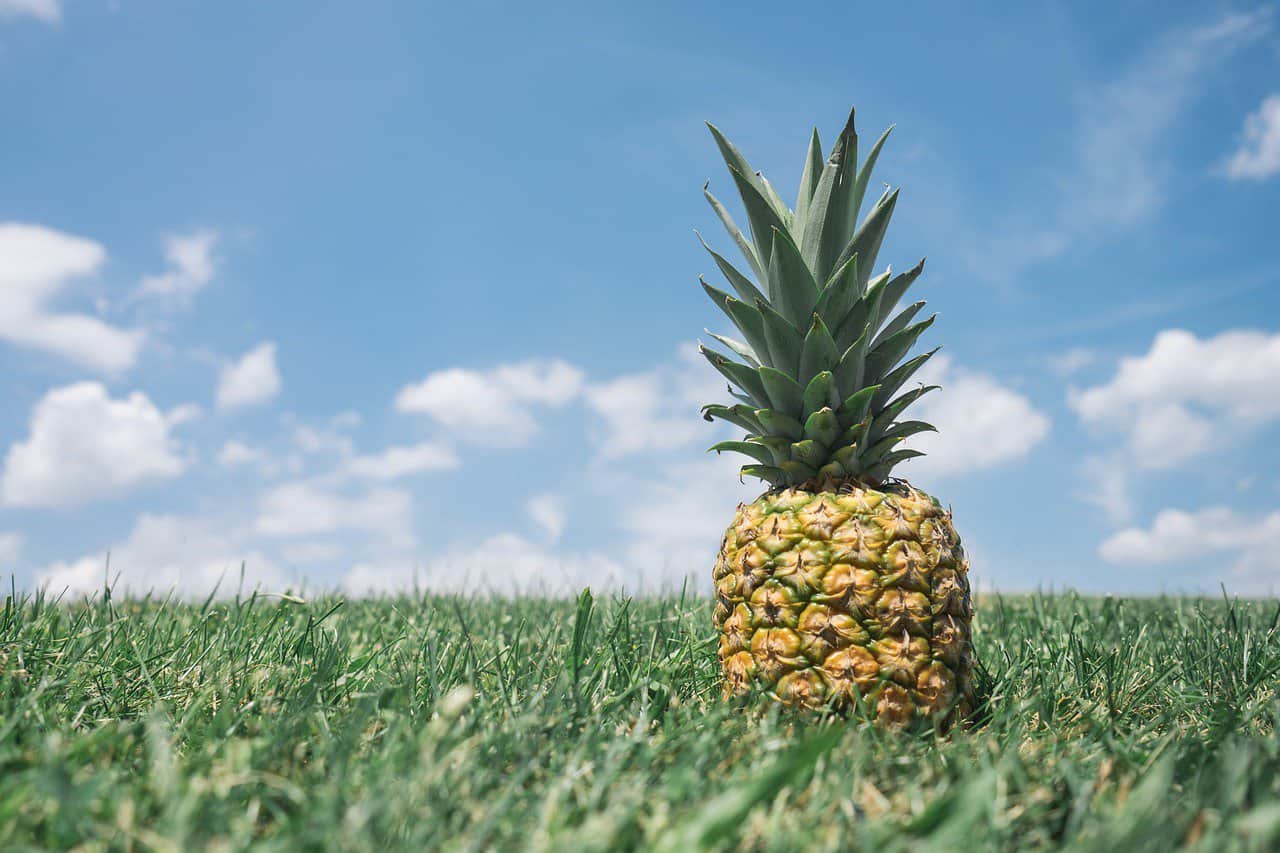The Canadian-US magazine VICE’s recently published a report on Costa Rica’s pineapple industry and its environmental and health impact.
VICE’s recent encounter with the agricultural community of Juanilama sheds light on the devastating effects of large-scale pineapple production, exposing a narrative far removed from the idyllic holiday imagery.
Accompanied by Intrepid Travel, a tour company dedicated to sustainable, community-based tourism, the author delves into the heart of the issue during a stay with one of the 200 women comprising the village.
Here, the dire consequences of industrial pineapple farming are laid bare, revealing a tale of toxic pesticides, environmental degradation, and the toll on human lives.
Costa Rica, often celebrated for its biodiversity and commitment to renewable energy, stands as a global powerhouse in the pineapple market. According to the United Nations, two out of every three pineapples sold worldwide originate from Costa Rica, contributing a staggering $1.7 billion to the country’s economy in 2022. However, this economic boom comes at a high price.
“Costa Rica is still one of the biggest users of harsh chemical pesticides per hectare in the entire world. How can we trust pineapples if they’re not organic? You can’t.” – Stephanie Williamson, PAN UK scientist told VICE.
As revealed by the publication, investigations into labor conditions on these farms unearth brutal practices, including severe injuries, exploitation, and the suppression of workers’ rights. Many of these laborers are illegal immigrants from Nicaragua, subjected to harsh conditions and paid significantly less than their Costa Rican counterparts.
As the pineapple industry faces scrutiny, questions arise about the safety of pineapple imports. The article underscores the inadequacy of testing and reporting on these imports, emphasizing the need for consumer awareness. A call for organic alternatives resonates, given the potential health risks associated with conventionally grown pineapples, laden with hazardous pesticides.
While the Costa Rican government has made promises to address the issue, skepticism remains. Limited regulation, lack of enforcement, and ongoing use of banned pesticides raise concerns about the industry’s commitment to genuine change. Some progressive farms, however, are already phasing out highly hazardous pesticides, offering a glimmer of hope for a more sustainable future.
Ultimately, the article points out, the responsibility falls on consumers to drive change. By choosing organic or certified sustainably grown pineapples and supporting ethical certifications, individuals can influence the market and contribute to a shift towards a more sustainable and humane pineapple industry. As Costa Rica grapples with the environmental and human cost of its pineapple boom, the choices made by consumers may well determine the trajectory of change in this tropical paradise.






